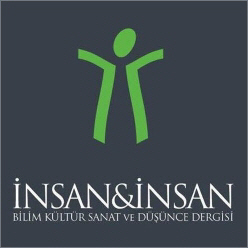Tunahan Hacıimamoğlu / Oğuzhan Sungur
Abstract: Economic development is an important indicator demonstrating the increases in societies’ socioeconomic welfare levels. Countries need to advance in economic, social, cultural, and political domains in order to achieve economic development. From this aspect, Türkiye is far from having a developed country profile at this moment. Accordingly, the present study aims to assess Türkiye’s development issues. For this purpose, the effects of human capital, physical capital, and economic complexity index on economic growth in Türkiye are analyzed for the period 1970-2017 using the bootstrap Fourier Granger causality in quantiles (BFGC-Q) approach recently recommended by Cheng et al. (2021). The results of the analysis indicate that human capital, physical capital, and economic complexity index have a positive causal effect on economic growth. For sustainable development, Türkiye needs foreign capital investments in a stable economic model. Furthermore, it is recommended that Türkiye should pay importance to education, science, and technology at both theoretical and practical levels, and increase the value-added and technology level in exports by diversifying its high-tech product range.
Keywords: Human capital, Physical capital, Economic complexity, Economic development, Causality
Tunahan Hacıimamoğlu / Oğuzhan Sungur
DOI: 10.29224/insanveinsan.1189607
Year 11, Issue 37, Winter 2024

Tam metin / Full text
(Turkish)

This work is licensed under a Creative Commons Attribution-NonCommercial 4.0 International License.
